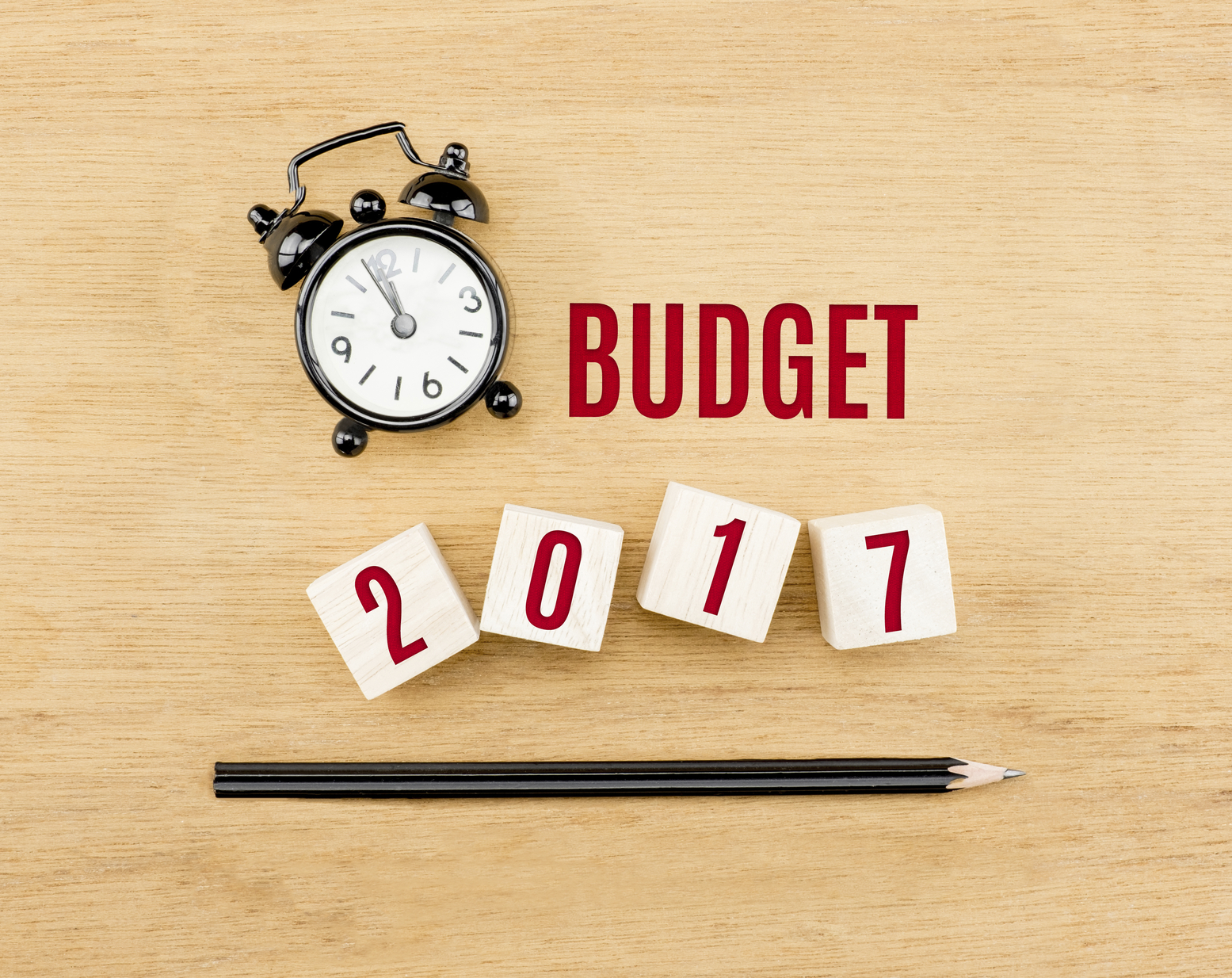- 2017 budget: Reps Raise Concerns Over 15% Capital Releases
Members of the House of Representatives are unimpressed with what they term “poor capital releases” for the 2017 budget just as President Muhammadu Buhari is set to lay the 2018 estimates before the National Assembly.
The 2017 budget of N7.441tn has a capital component of N2.2tn. But findings indicated that as of the last releases by the Ministry of Finance, capital funding of projects totalled only N336bn out of the N2.2tn, representing 15.22 per cent. And there are only 67 days left for 2017 to come to a close.
Lawmakers, who had become impatient with the development, on Sunday described the release of N336bn out of N2.2tn as “no budget at all.”
The investigation revealed that the issue was a topic on the agenda of a meeting held by some principal officers of the House in Abuja last Wednesday.
Concerns were reportedly raised over the poor releases, particularly for major projects and zonal intervention projects of National Assembly members.
One senior official of the legislature stated, “The money made available is not encouraging. The pattern of spending on recurrent and leaving out capital projects is still continuing.
“Yes, it is true that the budget was signed into law in June, but the capital releases should have improved to at least N800bn by now.”
The check revealed that out of the N336bn released so far, the Ministry of Power, Works and Housing got the highest allocation of N90bn.
The Ministry of Defence got N71bn; Ministry of Transportation, N30bn; Ministry of Agriculture and Rural Development, N30bn; and Ministry of Water Resources, N12bn.
All other sectors combined received a sum of N103bn, bringing the total to N336bn.
When contacted, the Chairman, House Committee on Media and Public Affairs, Mr. Abdulrazak Namdas, confirmed that there were concerns.
He said, “Actually, more needs to be done on the implementation level. In terms of the capital releases, only a few ministries have received money. Attention has been largely given to works, transport and agriculture. While this is commendable, other sectors need to benefit too.
“There is a need for the government to increase the capital releases. For now, they are not enough.”
The Chief Whip of the House, a key principal officer, Mr. Alhassan Ado-Doguwa, also confirmed that there were worries about the budget.
Ado-Doguwa, a member of the All Progressives Congress from Kano State, said, “The capital component of the 2017 budget is as good as no budget at all. It was characterised by selective implementation and insufficient releases. This was largely responsible for the unprecedented economic hardships and inactivity in our economy that depends on government patronage.
“Even the 2018 budget that is expected to be presented to the National Assembly soon would have no supplementary relevance to the grossly-underfunded 2017 budget, if it were to be based on policy continuity and economic coherence.
“I am of the opinion that government must step up its financing strategy of this budget to be able to turn around the economy to fight poverty and create jobs for our youths.”
Another member of the House, Mr. Igariwey Iduma-Enwo, said the slow releases had made the 2016 budget appear better implemented than that of 2017.
Iduma-Enwo, a Peoples Democratic Party lawmaker from Ebonyi State, added, “Comparatively, the 2016 budget appeared to be better implemented than the 2017 budget.”
Findings also showed that members held the view that while it was okay to plan for 2018, what was more urgent was the timely release of funds for 2017 projects.
“We already have the 2018-2020 MTEF with us, but our interest is the implementation of what is already on the ground, the 2017 budget. It is very critical to the full recovery of the economy from recession. Yes, the government has said that they will bring the 2018 budget, let them bring it, but how well has the one on the ground been implemented so far?” Namdas said.



 Naira4 weeks ago
Naira4 weeks ago


 Naira3 weeks ago
Naira3 weeks ago


 News4 weeks ago
News4 weeks ago
 Travel4 weeks ago
Travel4 weeks ago




 Naira4 weeks ago
Naira4 weeks ago


 Jobs3 weeks ago
Jobs3 weeks ago
 Naira3 weeks ago
Naira3 weeks ago


 Travel3 weeks ago
Travel3 weeks ago




















